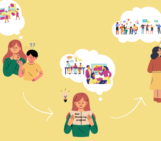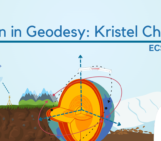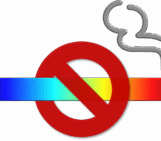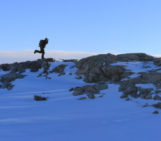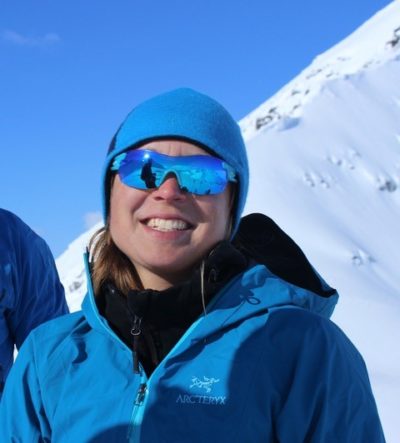
For our last interview we haven’t talked to a member of the current Geodesy division team. Instead we asked the past ECS (Early Career Scientist) representative of the Geodesy division, Katrin Bentel, a few questions. Fortunately, she gave us some insights about the role of an ECS Representative. Find out below.
What did you like most about your time as the Geodesy ECS Representative?
To get to know so many new people, especially all the reps from other divisions. And the great vibes within the community, thanks to so many very motivated people.
What did you find most challenging?
Trying to do everything by myself instead of building up a larger ECS division team.
How did your time as the Geodesy ECS Representative help with your personal and career goals?
It always helps to know more people and increase your network. Networking is more effortless if you are in the rep position as you are in touch with others, especially other reps and the division team, year round. And of course during the general assembly you are more visible to others and networking comes more or less by itself thanks to all the tasks like organizing social events or short courses in addition to the scientific sessions.
What do you wish you knew when you first took on the role as Geodesy ECS Representative?
If you don’t have an ecs team, build one up 🙂
What advice do you have for future ECS Representatives?
Split up the work, so everyone can work on something he/she is passionate about.
Give us a quick overview of your professional career so far!
In 2013, I got my PhD from the Norwegian University of Life Sciences in Norway. After postdocs at NASA/JPL in Pasadena and the University of Bern in Switzerland, I started a tenure track position at Graz University of Technology. Very recently, though, I sadly had to quit this position, as I am facing the typical dual career problem with two academic careers at different work locations. And this just does not go well with family life including a toddler.
Currently, what are your research topics?
All my academic career has revolved around satellite geodesy in one way or another. From gravity field modeling during my PhD, monitoring changes in the Atlantic overturning circulation from GRACE data during my first postdoc, to working on gravity field modeling with the Bernese software during my second postdoc. Currently, I am most interested in applications of (satellite) gravity data for monitoring changes in ocean mass transport.
Apart from scientific exchange, what is the most important aspect of EGU to you?
The social aspect! To socialize with colleagues and to meet new people.
Do you have any hidden talents or hobbies?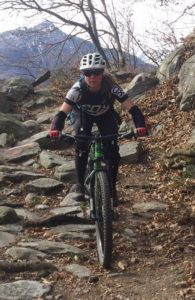
Hidden? I guess many people know by now that I am passionate about (mountain) biking and skitouring, depending on the season 🙂
Are you a coffee or tea person?
Coffee!
Where are you going for your first holiday after the pandemic is over?
Even though the pandemic is not over yet, I am right now in Italy, Finale Ligure. It feels amazing to be on vacation for the first time since the pandemic started and I definitely appreciate it even more than before. Being based in Switzerland, that’s not too far, but definitely very special to be able to travel again.
Do you have a favourite place in Vienna?
Too many – Vienna is such beautiful city with amazing cafes, restaurants, and bars. And the Heurigen nearby the city!
We would like to thank Katrin for her work as ECS Representative of the Geodesy division and we are happy that she gave us an interview. We wish her all the best for her new career and hopefully we are able to see each other again soon.

